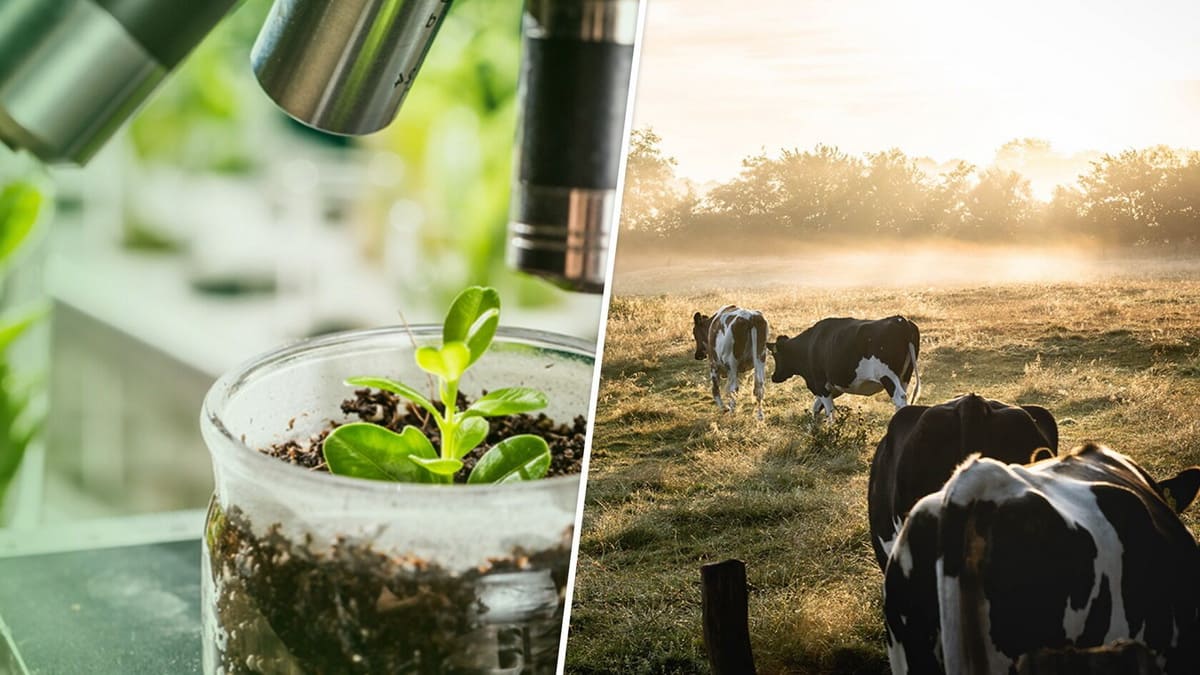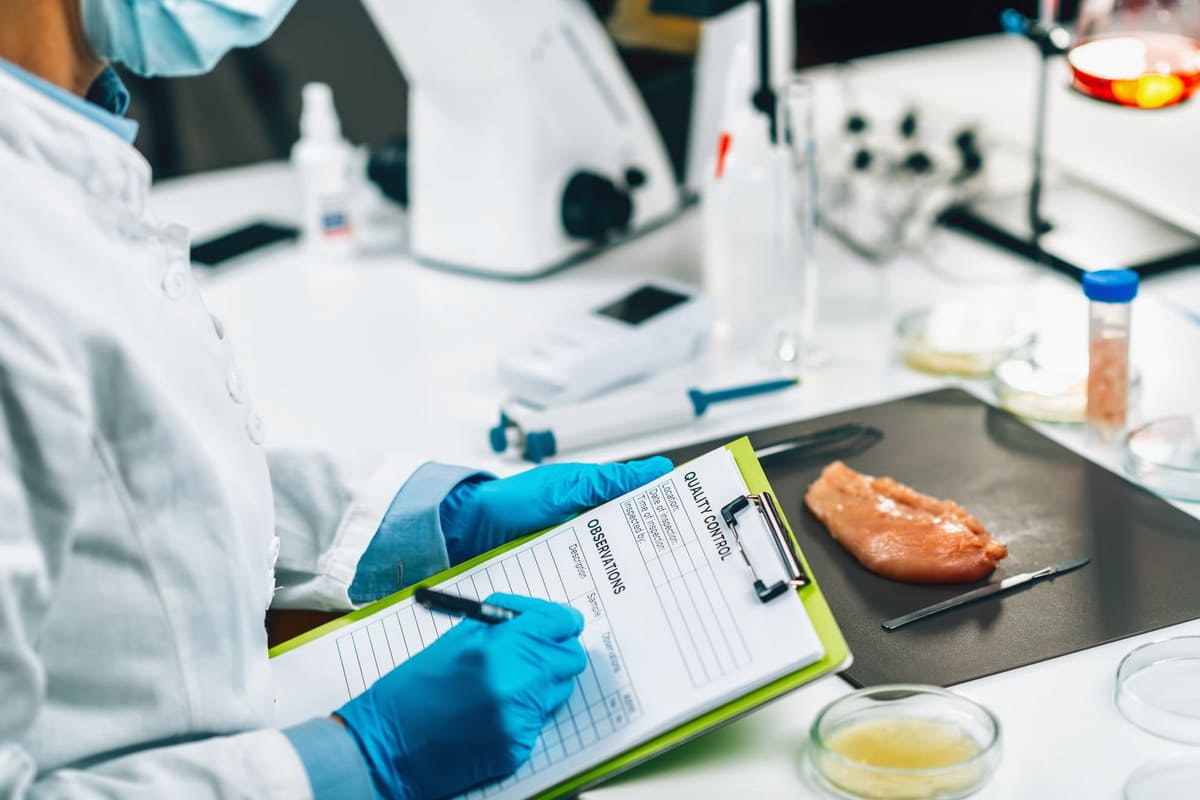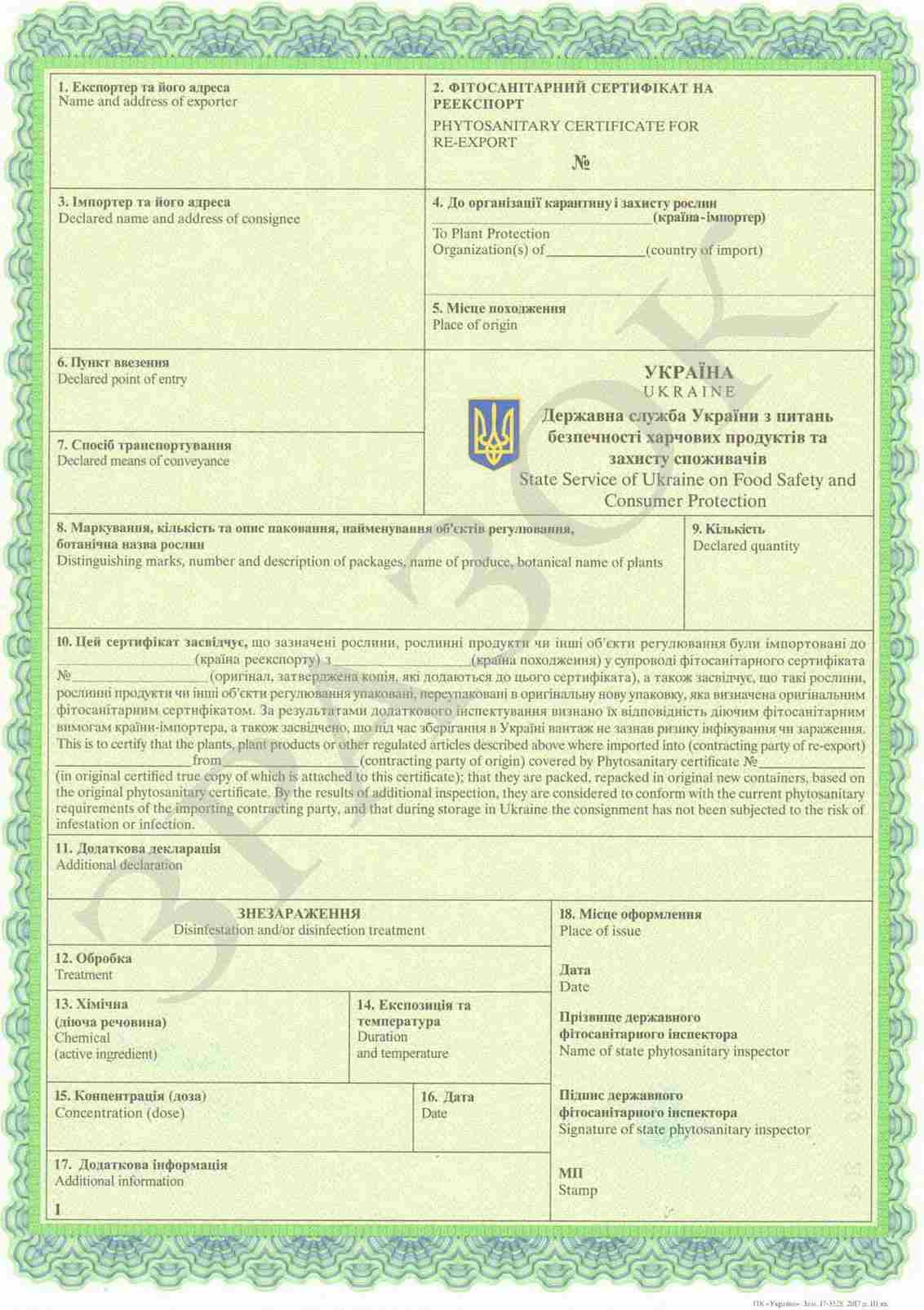
Contents of the article:
Thousands of goods cross country borders every day. How to confirm the quality of products and guarantee the safety and health of consumers when importing or exporting products of animal and plant origin? Today we are telling you about the peculiarities of veterinary-sanitary and phytosanitary control of goods.
Veterinary and sanitary control of goods is carried out at the checkpoint on the border and prevents dangerous and contaminated products from entering the country.
Objects of veterinary control are:
 At the moment, veterinary control of agricultural products transiting to Polish ports has been canceled at the border with Poland, read about goods that can be transported across the Polish border here.
At the moment, veterinary control of agricultural products transiting to Polish ports has been canceled at the border with Poland, read about goods that can be transported across the Polish border here.
When importing controlled goods into Ukraine, it is necessary to present the original veterinary and sanitary certificate of the producing country. A specialist of state veterinary control at the border certifies documents with a stamp, signature and date. Then the vehicle with cargo receives permission to cross the border and can move to the customs office of destination in Ukraine.
When exporting goods, it is necessary to provide international veterinary certificates issued by the state inspector of veterinary medicine. During the inspection, specialists check and certify the data of these certificates with seals and signatures.
Phytosanitary control is a set of border crossing measures that prevent dangerous pests, weeds and plant diseases from entering the territory of another country, which can cause damage to the country's economy.
Phytosanitary control includes:
In the case of import or transit of goods on the territory of Ukraine, the inspector checks the compliance of documents, the presence and validity of the phytosanitary certificate, the absence of quarantine organisms and damage to the cargo.

Sample phytosanitary certificate
For export, it is necessary to undergo an examination of goods to determine the presence of harmful organisms in accredited phytosanitary laboratories. After the examination, a conclusion is issued, which records the phytosanitary status of the cargo.
Border phytosanitary control is carried out by inspectors of the State Veterinary and Phytosanitary Service at border checkpoints. When transporting such goods, it is essential to ensure the availability and compliance of all required documents.
If a product requires phytosanitary control at the border, the certificate must be issued no earlier than 14 days before shipment. The following documents must be submitted:
Where to submit: The regional offices of the State Service of Ukraine on Food Safety and Consumer Protection.
Key differences:
Phytosanitary control is mandatory for certain categories of goods during export and import.
Veterinary and sanitary control is carried out at border checkpoints to prevent the entry of hazardous or contaminated goods into the country.
Goods subject to veterinary control include:
Currently, Poland has lifted veterinary control for agricultural products in transit to Polish ports.
When importing regulated goods into Ukraine, an original veterinary and sanitary certificate from the country of origin must be presented. A government veterinary inspector at the border will certify the documents with a seal, signature, and date. After this, the transport vehicle will receive permission to cross the border and proceed to the designated customs office in Ukraine.
For exports, an international veterinary certificate issued by a state veterinary inspector is required. During control procedures, officials verify and certify these documents with stamps and signatures.
At DiFFreight, we offer not only international logistics services but also expert customs brokerage assistance.
Why choose us?
We invite you for a consultation with our experts! We’ll guide you through the certification process and help ensure your goods cross the border quickly and legally.